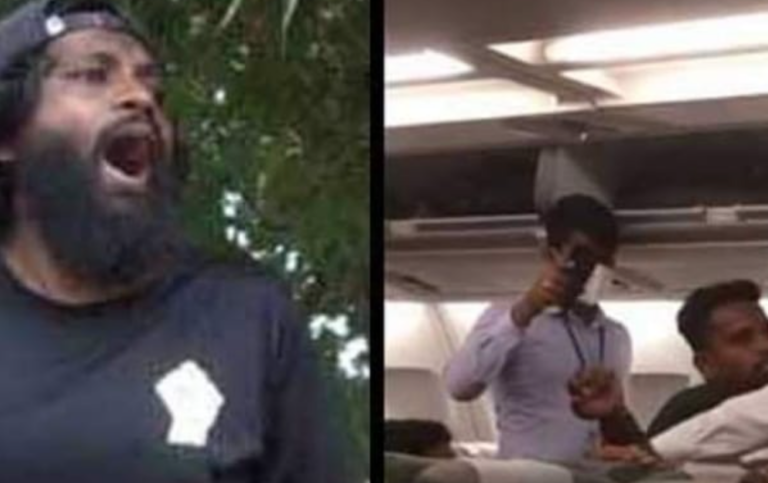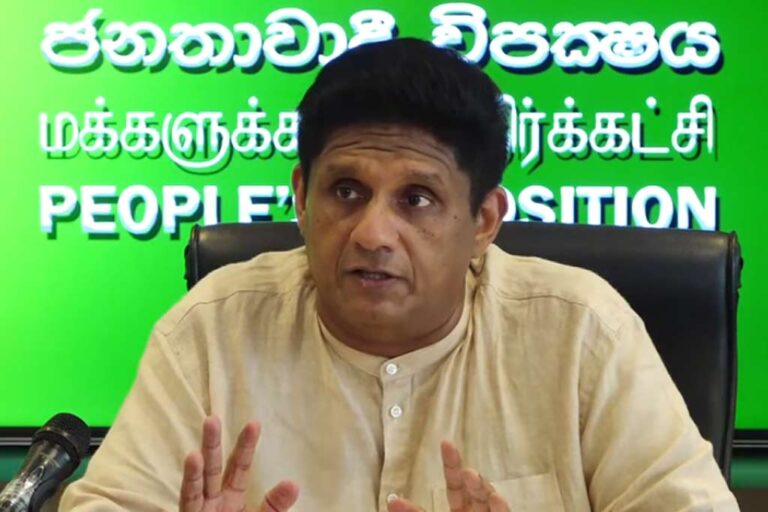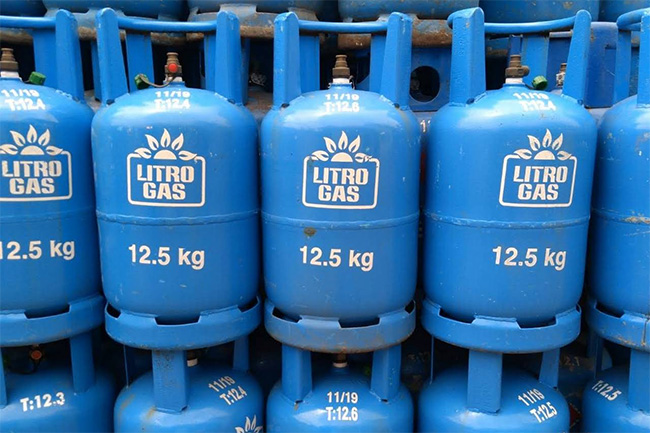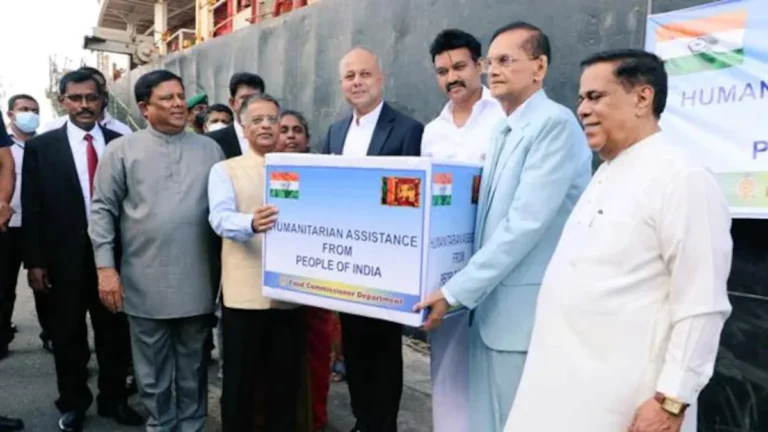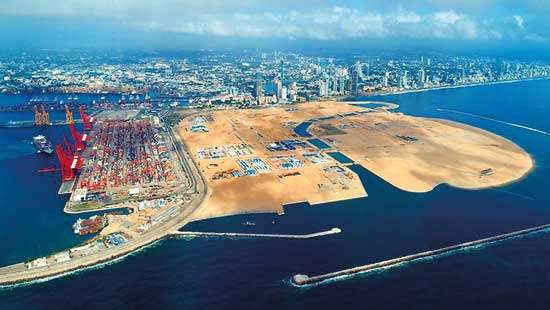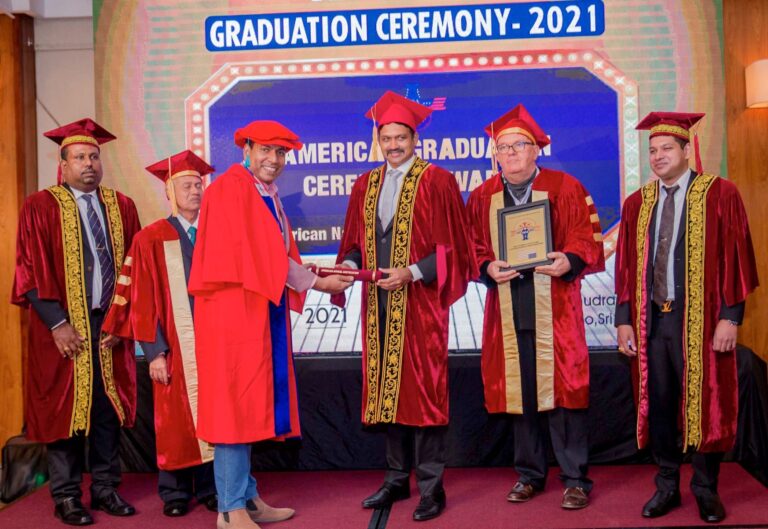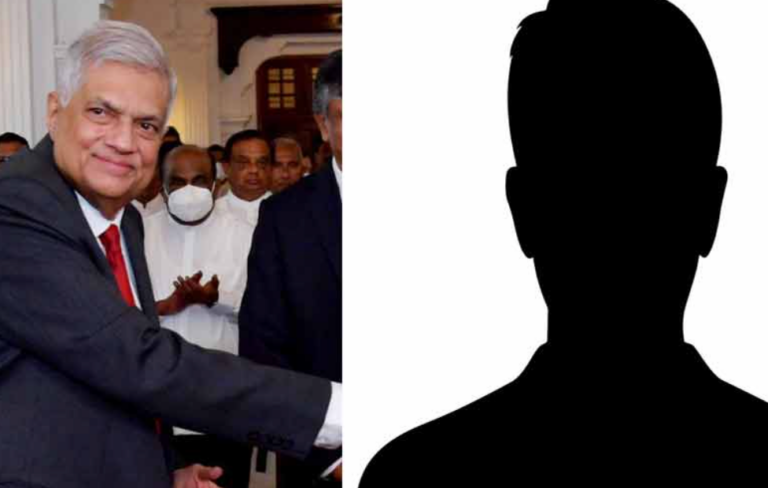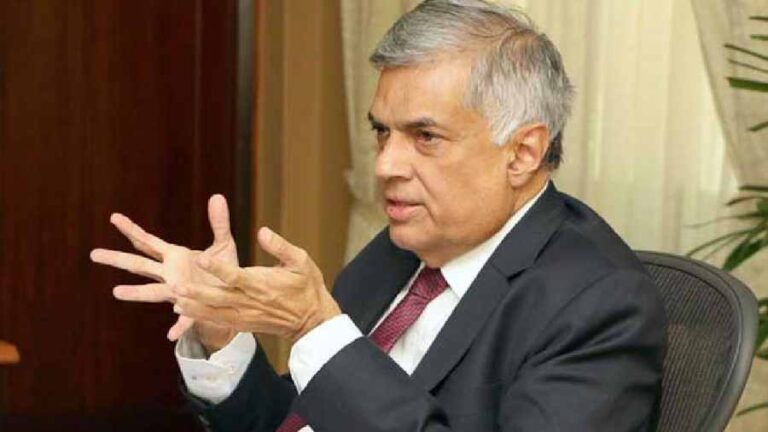02nd August 2022
Avtra, a world leader in providing research-backed cutting-edge technology solutions for the aviation and tourism sectors, recently commemorated its fifth-year anniversary, bringing together the highly talented and diverse team based in Colombo on an excursion and making a pledge to revolutionizing travel in the next 55 years. This incredible milestone, and what’s yet to come, hints to the growing resilience and agility of Avtra amidst the many unprecedented disruptions to the industry.
Backed by industry professionals with decades of experience, Avtra’s solutions are some of the most modern, versatile and innovative technological advancements used by renowned airlines, airports and travel companies worldwide.
Avtra is now gearing up to expand its talent pool to cater to the increasing demand and are actively looking for creative individuals in the areas of software development, business intelligence, artificial intelligence, and application support, to complement and sustain its ambitious commitment and excellence to design and build competitive solutions from the ground-up that are robust, secure, scalable and responsive.
“To all our employees, customers, stakeholders and friends – I thank you for your continued commitment to Avtra. We look forward to celebrating more success stories as we continue our quest to become the global aviation solutions provider of choice, bringing about innovations and immersive user experience for not only airlines and travel companies but also for travelers everywhere.”, the Avtra’s Co-Founder Amir Hashemi added.
“It’s been a spectacular journey for all of us here at Avtra as we celebrate five years of progressive success by working together in reinventing and reshaping the future of the airline and travel industries. Our people are our heroes, and their relentless dedication and passion is truly outstanding. Sri Lanka undoubtedly holds immense potential with access to diverse talent and skills in the technology sphere,” commented Avtra’s Co-Founder Nasly Yoosuf.
Yoosuf added, “We are embarking on an expansion drive to take on challenges and conquer new horizons by creating meaningful and impactful solutions that are faster, sturdier and more stable, lightweight, and far more cost-effective.”
One of its most sough-after products is the new-generation Avtra Skaii Passenger Service System (Avtra PSS) which provides airlines of any size and business model with a seamless reservation experience to their valuable passengers, by providing optimum operational scalability and flexibility that best suits their specific needs, and giving them an instant platform to sell tickets through Avtra’s back-office portal integrated with various distribution channels.
In addition, Avtra also offers an integrated departure control system (Avtra DCS) as well as a frequent flyer program (Avtra FFP), enabling airlines to manage the entire journey and passenger customer relationship process, in a centralized and cost-effective way. Other solutions include Avtra CRM, Avtra Weight & Balance (W&B) and Avtra ConnectOTA.
Avtra was named the winner under the consumer segment in the media, tourism and retail category at the prestigious APICTA Awards 2020-2021, and earlier this year was awarded two Silver awards for its Avtra Skaii Passenger Service System and Weight & Balance solutions at the National ICT Awards organized by the Sri Lankan section of the BCS – The Chartered Institute for IT.
Avtra also donated a tailored reservations system to Air Serv as part of its global initiative to support humanitarian endeavors in June this year, which will help increase the efficiency of the humanitarian organization’s air operations going forward.
Avtra is a specialist IT provider for the airline industry, with a state-of-the-art R&D center based in Colombo and sales and marketing offices in UAE and Cyprus. Avtra today is a result of many years of dedication and hard work. It has been built from scratch, incorporating the latest open technologies- in a multitiered modular architecture- allowing for the delivery of end-to-end inventory control and distribution for airlines of all sizes and business models. For more information about Avtra, please visit www.avtra.com.

